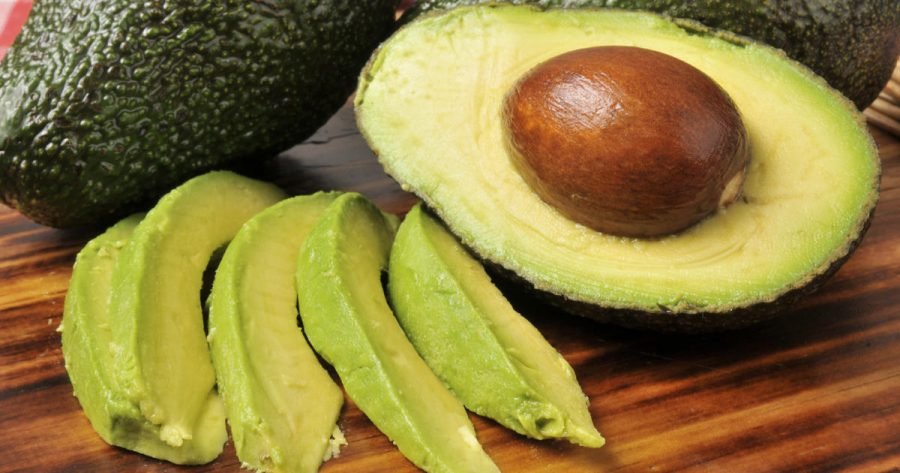Africa is a significant player in the global avocado industry, contributing approximately 1.7 million tonnes annually, which represents 20% of the world’s production. Kenya leads the pack as the largest African producer, followed by South Africa and Tanzania, with notable contributions from Côte d’Ivoire, Ghana, and Ethiopia. Despite these figures, the continent’s potential in avocado cultivation remains largely untapped. New players like Zimbabwe and Malawi with fertile soils and suitable climate for avocados need to take advantage of this market.
Avocado trees thrive in Africa’s climate, and by implementing improved farming techniques and investing in infrastructure and technology, production could easily double or triple. Presently, most African avocados cater to domestic markets, with less than 10% earmarked for export.
The export potential for African avocados, particularly to the growing European markets, is substantial. Europe heavily relies on imports from Latin America and Israel, but Africa possesses distinct advantages, including lower labour costs and proximity to European markets.
The African Continental Free Trade Area (AfCFTA) is eliminating tariffs on 90% of goods traded between member countries, this is significant catalyst for Africa’s avocado export industry. This trade agreement reduces barriers and allows avocado producers to access larger regional markets, promoting economies of scale and encouraging investments for increased productivity.
The global avocado market is poised to grow at an annual rate of 8% in the upcoming years. This growth is driven by increasing demand for avocados as a superfruit and a key ingredient in natural cosmetics, snacks, and restaurants. Africa is strategically positioned to capture a larger market share by leveraging its competitive advantages, expanding production, and embracing trade integration under AfCFTA.
With the right investments and policies, Africa’s avocado industry has the potential to become an economic growth engine, generating millions of jobs, boosting farmers’ incomes, and positioning the continent as a significant player in the global avocado trade. AfCFTA provides a crucial framework to unlock this “avocado gold,” and the key question remains whether African governments and businesses will capitalize on this untapped potential.










